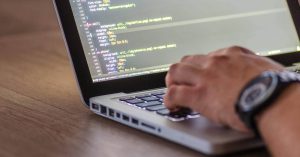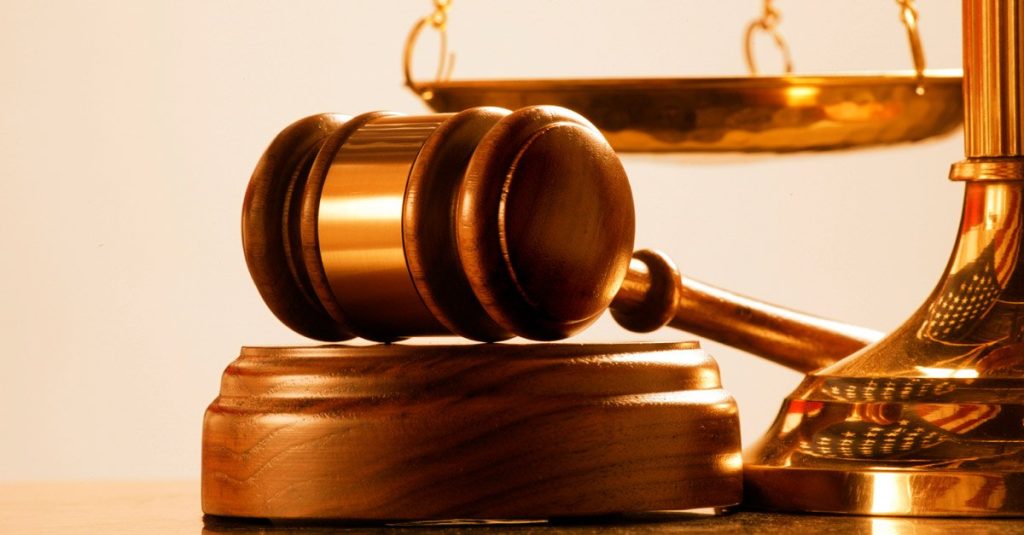What rights does the intellectual property of a work confer?

By creating a work, its author generates moral rights and exploitation rights that are patrimonial or economic in nature. Among the exploitation rights are the rights of reproduction, distribution, public communication and transformation.
The Law regulates other rights, known as related or related rights, which protect the effort and creative, technical and organizational contribution of individuals or Institutions that make works available to the public, participate in the cultural industries and in their relationship with the public. These rights affect artists or performers, producers of phonograms and audiovisual recordings, broadcasting entities, creators of mere photographs and certain editorial productions.
What are moral rights?
According to art. 14 LPI the moral rights that belong to the author of a work are:
- Decide if your work should be disclosed and in what form.
- Determine whether such disclosure should be made under his name, under a pseudonym or sign, or anonymously.
- Demand recognition of their status as author of the work.
- Demand respect for the integrity of the work and prevent any deformation, modification, alteration or attempt against it that would harm their legitimate interests or damage their reputation.
- Modify the work respecting the rights acquired by third parties and the requirements for the protection of goods of cultural interest.
- Withdraw the work from the store, due to a change in their intellectual or moral convictions, prior compensation for damages to the holders of exploitation rights. If, subsequently, the author decides to resume the exploitation of his work, he must preferably offer the corresponding rights to the previous owner of the same and under conditions reasonably similar to the original ones.
- Access the unique or rare copy of the work, when it is in the possession of another, in order to exercise the right of disclosure or any other that corresponds to it.
[fusion_highlight color=”rgba(0,144,142,0.3)” rounded=”no” class=”” id=””]You may be interested in: “Does the Intellectual Property Registry protect authors?“
Is the assignment or waiver of moral rights valid?
The moral rights belong to the author of the work and are inalienable and inalienable; the Law does not allow its assignment to third parties. Consequently, the author may assign the exploitation rights of his work but not the moral rights over said work.
What is copyright?
It is the exclusive right to reproduce or authorize the reproduction of the work. Reproduction is understood as the direct or indirect, provisional or permanent fixation, by any means and in any form, of all or part of the work, which allows its communication or obtaining copies (art. 18 LPI).
What is the right of distribution?
It is the right to distribute the work or authorize others to distribute it. Distribution is understood as making the original or copies of the work available to the public, in a tangible support, through its sale, rental, loan or in any other way (art. 19 LPI).
When the distribution is carried out by means of sale or another title of transfer of property, within the scope of the European Union, by the owner of the right or with his consent, the the exhaustion of the right in the territory of the European Union. This means that the owner of the rights cannot prevent the legitimate purchaser of the work (original or copies) from reselling it to third parties under the conditions it deems appropriate within the Community territory.
[fusion_highlight color=”rgba(0,144,142,0.3)” rounded=”no” class=”” id=””]You may be interested in: “Use of a work without authorization from its owner”
What is the right of distribution?
It is the right to carry out or authorize any act by which a plurality of people can have access to the work without prior distribution of copies to each of them (art. 20 LPI ).
The Law lists multiple means of public communication that especially affect plastic, scenic, musical, radio, cinematographic and similar works, capable of exhibition, projection, retransmission or representation. Among the means of public communication listed by the Law are the following that may affect other types of works:
- The making works available to the public, by any means, in such a way that anyone can access them from the place and at the time they choose. An example of this mode of communication is the accessibility to a literary, artistic, technical or scientific work over the Internet.
- Public access in any form to the works incorporated into a database. The owner of the communication right has the power to authorize or deny access to her work regardless of whether the database constitutes a protected work in itself.
How long do related rights last?
The rights of
are valid for 50 years.
- The performers. Starting on January 1 of the year following the representation or performance.
- The producers of phonograms. Counting from January 1 of the year following the recording.
- Producers of audiovisual recordings. Counting from January 1 of the year following fixation.
- Broadcasting entities. Starting on January 1 of the year following the first broadcast or transmission.
The rights of:
are valid for 25 years
- The authors of “mere photographs” or reproduction by similar method. Starting from January 1 of the year following the taking of the photograph or reproduction.
- Publishers of unpublished works and unprotected works. As of January 1 of the year following the lawful disclosure of the work.
It may interest you:”Property Intellectual and the protection of works”
José Luis Casajuana Espinosa
Founder and managing partner of JL Casajuana. Director of the Civil and Commercial Department.
09/03/2020



















